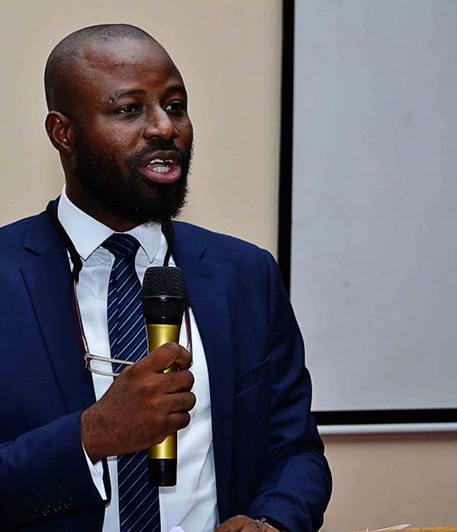In the past years, SERAP has developed into a serious public interest organization in the areas of anti-corruption and economic and social rights. Our greatest strength is the use of Nigeria’s international human rights and an-corruption obligations and commitments to interpret national laws, and to hold the government accountable.
SERAP has experienced and committed team, and an ever increasing pool of volunteers and partners, experienced board, and distinguished national and international advisory boards. The expertise and experience available to the organization has made us well placed to advance our mission and contribute meaningfully to the efforts to address transparency and accountability and socio-economic challenges confronting Nigeria today.
Since 2004 we have developed our internal governance and working methods and programmes to address new opportunities and challenges.
The governance and socio-economic challenges that informed the establishment of SERAP have remained and as such the organization’s founding vision is as valid today as then. High level official corruption remains pervasive while the number of Nigerians living in poverty and without access to basic necessities of life continues to increase.
While some legislation exists on economic and social rights issues, the constitution still does not contain legally enforceable economic and social rights. While there are interesting and progressive pronouncements on economic and social rights from the ECOWAS Court of Justice, Nigerian courts continue to refuse to uphold economic and social rights as legally enforceable human rights. Impunity for violations of these human rights has remained for many years.
In the course of our work, SERAP continues to establish new collaborations and networks while building on and strengthening existing ones. The impact of our work is greatly enhanced by close working relations with the media, and other partners with complementary expertise.

